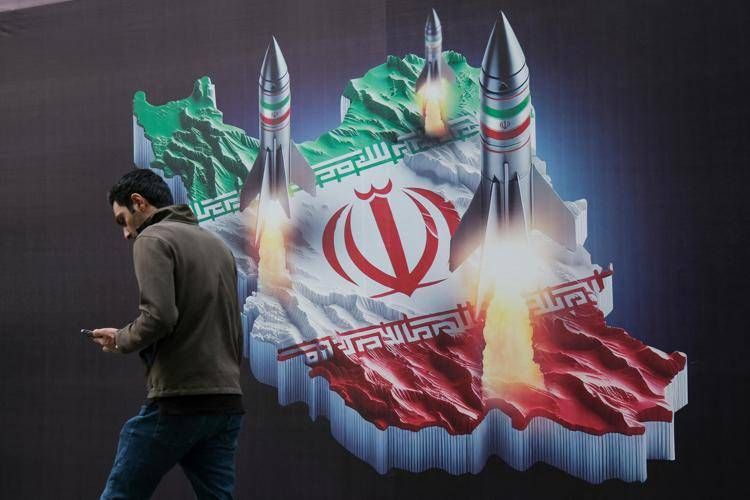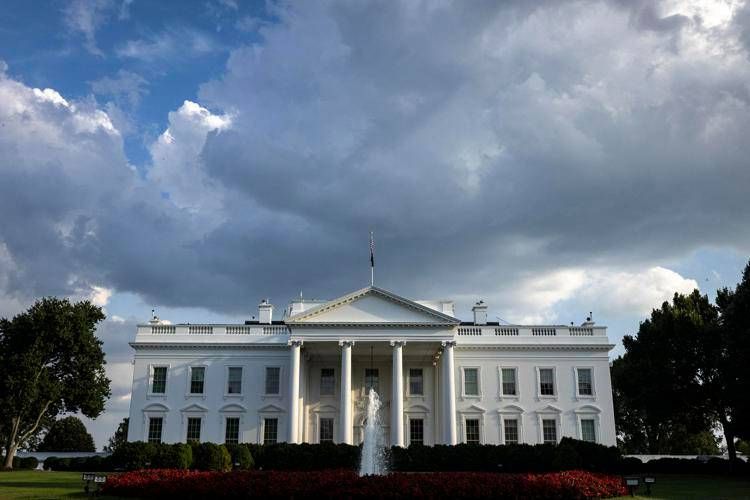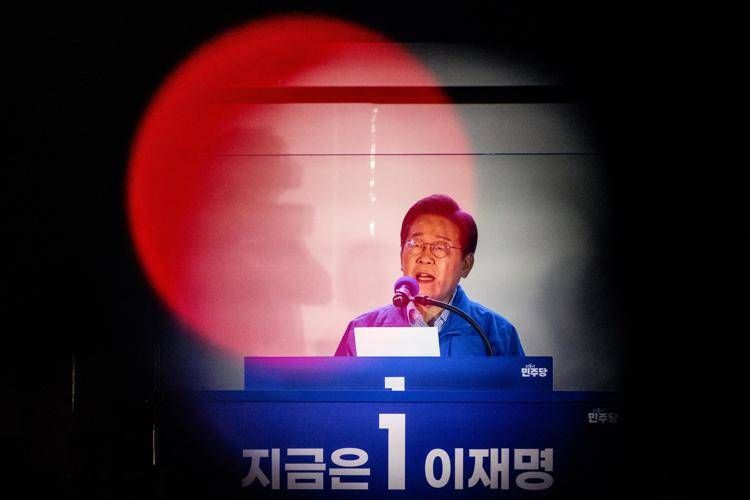
South Korea changes course: Lee Jae-myung is the new president
-
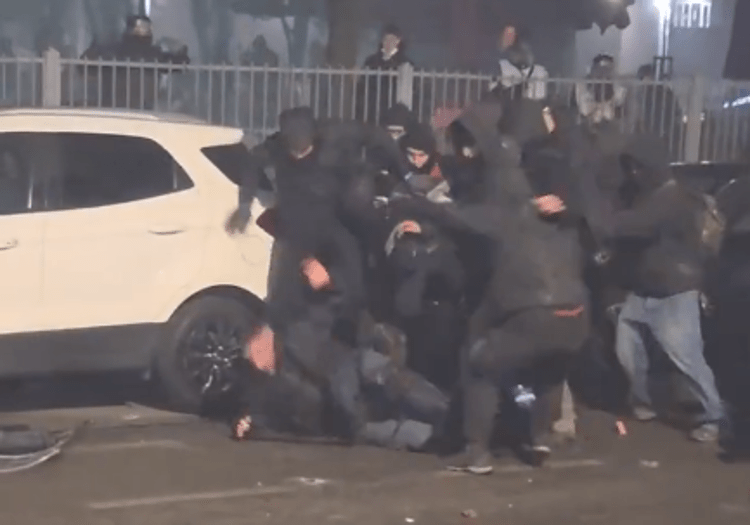

Video shock, poliziotto aggredito negli scontri di Torino
-


Alberto Trentini e Mario Burlò sono in Italia dopo la liberazione VIDEO
-


Overnight explosions in Caracas hit military area, widespread power outages reported VIDEO
-


Attacco Usa in Nigeria contro l’Isis, Trump: “Risposta al massacro di cristiani” VIDEO
After Yoon’s impeachment, South Koreans choose stability and reform: with Lee, the centre-left returns to power with a solid parliamentary majority and an independent line on the economy, welfare and international relations
South Korea opens a new political chapter with the election of Lee Jae-myung as president. After the impeachment of Yoon Suk-yeol, who was ousted in December for attempting to invoke martial law, voters clearly chose a return to stability. The candidate of the Democratic Party (centre-left), who was narrowly defeated two years ago, won by a wide margin against Kim Moon-soo of the People Power Party.
Voter turnout reached 77.8%, the highest since 1997, a sign of exceptional civic participation after months of institutional tensions. With a solid majority in the National Assembly, Lee will be able to count on a strong mandate to bring about a change of course in Asia’s fourth largest economy.
A human rights lawyer and former mayor of Seongnam, Lee, 61, built his campaign around a powerful personal narrative: the son of factory workers, forced to work in a factory as a teenager, left disabled following an accident, he became one of the most recognisable faces of South Korean progressivism. His biography became an integral part of his political message, centred on social equality, justice and welfare reform.
Lee has promised concrete measures to reduce inequality, curb property speculation and support young people affected by unemployment and precariousness. Among his economic priorities is to relaunch Korea as a global power in artificial intelligence, aiming to make it one of the top three countries in the world in this sector. In terms of infrastructure, he proposes moving the administrative capital from Seoul to Sejong to relieve congestion in the metropolis and develop central areas, with Daejeon set to become an international scientific hub.
In foreign policy, Lee will maintain the alliance with the United States but with a more autonomous and pragmatic approach. He has expressed reservations about Donald Trump’s isolationist approach, fearing repercussions on military spending and trade relations. He has also raised the possibility of reducing imports of US weapons if Washington increases pressure on Seoul.
With regard to North Korea, Lee advocates a gradual rapprochement, consisting of small, verifiable steps and economic cooperation. He has criticised the “grand bargain” strategies of the previous US administration and fears that, in the event of direct US-Pyongyang negotiations, Seoul could be excluded (“Korea passing”).
However, there are also legal issues. Lee is at the centre of several investigations into corruption and abuse of office related to his past as mayor. On 2 May, the Supreme Court overturned a previous acquittal for violating electoral law, reopening a trial that could jeopardise his future candidacy.
However, his election represents much more than a change of leadership: it marks the rejection of authoritarianism, the return of progressives and the beginning of a new political phase that could redefine the balance of power in East Asia — between the challenge of artificial intelligence, relations with Washington and the fragile North Korean dossier.
THE LATEST NEWS
(Photo: © AndKronos)
-

 News18 ore ago
News18 ore agoL’indagine per la morte della bimba di Bordighera: indagato anche il compagno della madre
-

 Meteo15 ore ago
Meteo15 ore agoMaltempo in Italia: allerta arancione in Calabria, frane e allagamenti gravi
-

 Primo Piano18 ore ago
Primo Piano18 ore agoTrump ordina anche dispiegamento portaerei USS Ford nel Golfo Persico
-
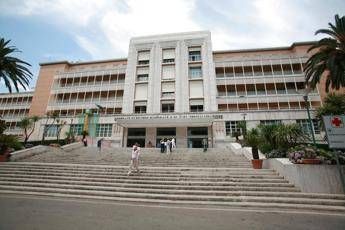
 Flash18 ore ago
Flash18 ore agoTrapianto di cuore fallito al Monaldi di Napoli: bimbo resta grave






